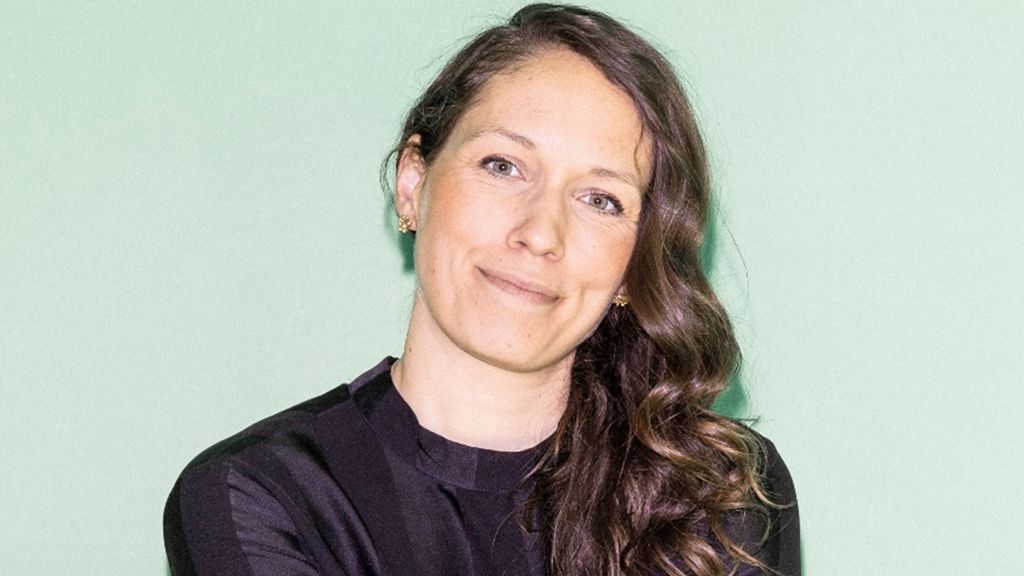Soon, we will laugh at the 8 to 4 job – but what will come instead?
Management adviser and author: Small everyday experiments may pave the way to the right balance between community and flexibility in future work life.

Our work lives are changing.
"Soon, we will laugh at the 8 to 4 job." That is the message from Lise Dahl Arvedsen, who is PhD, management adviser and coach, in addition to co-author of a book under the same title.
She sees a myriad of small trends, which together indicate that we have to rethink the way we work. The wave of change is, among other things, driven by new values and technological opportunities.
Our familiar lives of education, career and retirement will be replaced by lives consisting of several different phases and distinctions; also when it comes to working hours, education and job commitment.
Our work lives will vary, depending on whether we have young children, are middle-aged or seniors. How each of us wants to organise our work lives will also differ greatly.
"Workplaces will need to meet all these needs to attract labour in future," says Lise Dahl Arvedsen.
Moving away from rigid structures
If we are to escape the 8 to 4 work life, we must make a clean break with the industrial society's way of organising work life, she points out.
Hybrid workplaces, four-day work weeks and new ways of organisation are already emerging – assisted by the Covid-19 pandemic, which significantly changed our habits and work patterns.
But this is about much more than the right to one or two days of remote working a week, maintains Lise Dahl Arvedsen:
"We need to abandon the rigid rules and structures – without ending up in the completely opposite direction with no boundaries at all. It is crucial that we strike the right balance between common organisation and that which is flexible and based on individuals."
In these cases, every business must find its own solution, because every organisation has different needs.
"You can't just do the same as the business next door and buy a football table and bean bags similar to theirs," Lise Dahl Arvedsen says.
She recommends that you approach the issue by making small adjustments and carrying out defined everyday experiments.
These could, for example, be more flexible duty rosters, which meet the various needs of the employees. Or uninterrupted time slots for those who need it, but not necessarily for the entire team or organisation.
"We must have the courage to try different things – and to ascertain when something, occasionally, is not a success," the management adviser says.
Future work life requires clear communication
The work life of the future requires listening and communication skills – not least among managers:
“When the 8 to 4 job disappears, you don't always know what's going on. Therefore, you should be modestly curious and inquiring, and communicate clearly to avoid misunderstandings,” Lise Dahl Arvedsen emphasises.
Employees will also need to be capable of communicating clearly and expressing what they need from collaboration with colleagues and managers.
She sets the managers’ mind at ease who fear that employees will ensconce themselves in their home offices by reassuring them that the vast majority of people are social individuals who are interested in other people.
But many organisations have a structure which is inappropriate in terms of contributing to the community.
The physical surroundings or the meeting culture could, for example, constitute obstructions. Or KPIs and budget targets, implying that you prioritise your own performance in favour of knowledge sharing and development of competencies with others.
"In the financial sector, the mission is to find out how, in a highly regulated sector, to work with experiments and create a more adaptable work culture," Lise Dahl Arvedsen concludes.





